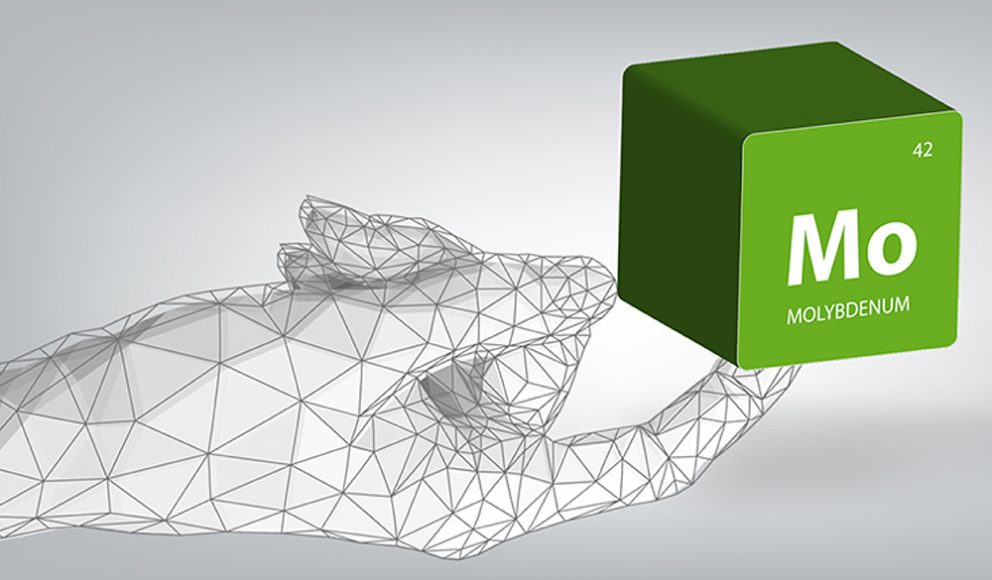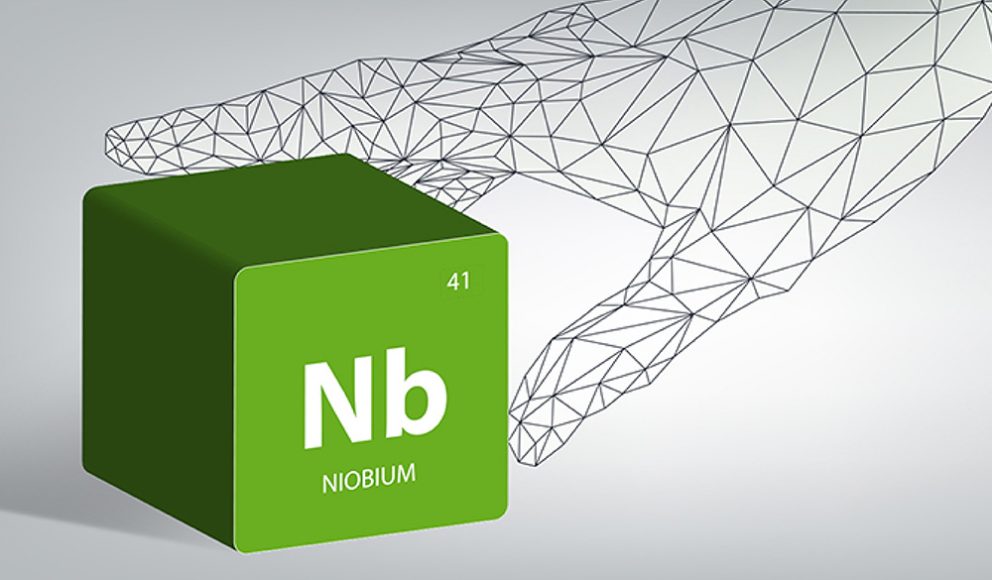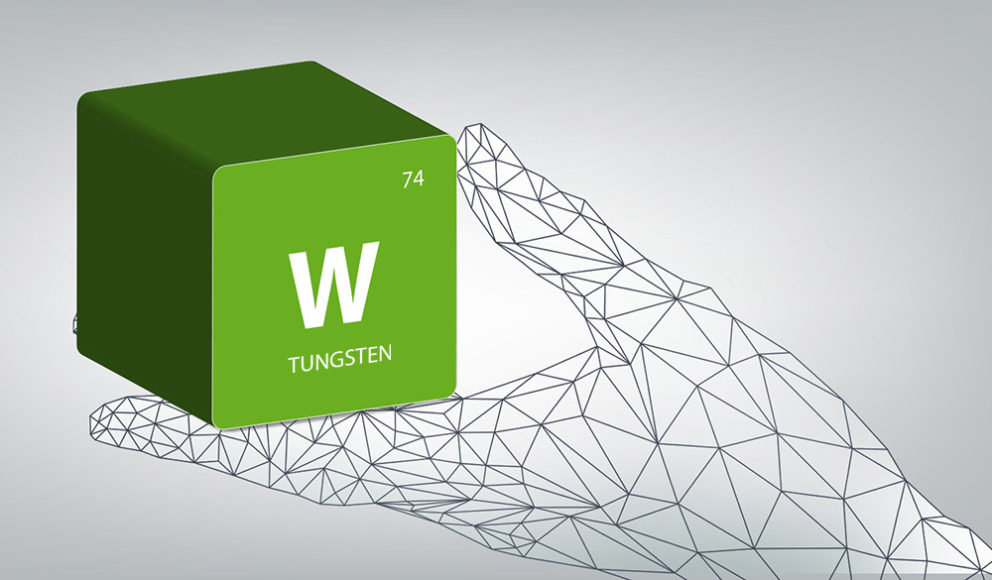-
 Molybdenumread more
Molybdenumread moreMolybdenum (Mo) is the first choice for managing challenging thermal applications because of high thermal conductivity, low thermal expansion and mechanical strengths at elevated temperatures applied in vacuum/inert furnaces, as well as heat sinks for electronic chips. Additionally, molybdenum’s good electrical properties have resulted in application in microelectronics as thin film transistor in flat panel displays and electrode for photovoltaic.
-
 Niobiumread more
Niobiumread moreAs the lightest of the refractory metals, niobium is a highly sought-after material with applications in aerospace, electronics, nuclear power and defense. In addition to its high strength, ductility, heat resistance, and comparatively low density; niobium also exhibits superconductivity at cryogenic temperatures, and is used to manufacture superconducting magnets for medical and research applications.
-
 Tungstenread more
Tungstenread moreTungsten (W) is an extremely versatile metal that has been adopted at industrial scales in a diverse range of markets. It can be manufactured into metal parts in both pure and alloyed forms. It occurs in the earth’s crust at approximately 0.0064% by weight and is primarily extracted from the ores wolframite and scheelite.
Request a Quote
Please fill in the boxes on the contact form and a member of the team will contact you directly for a quotation.



